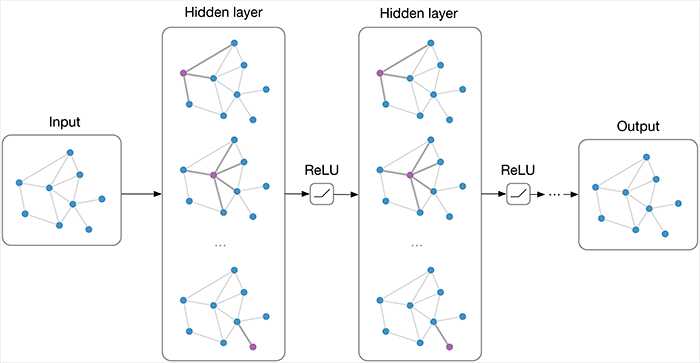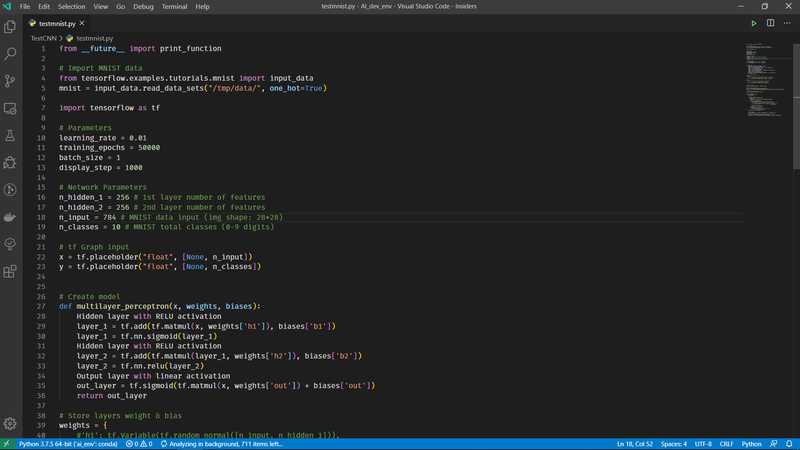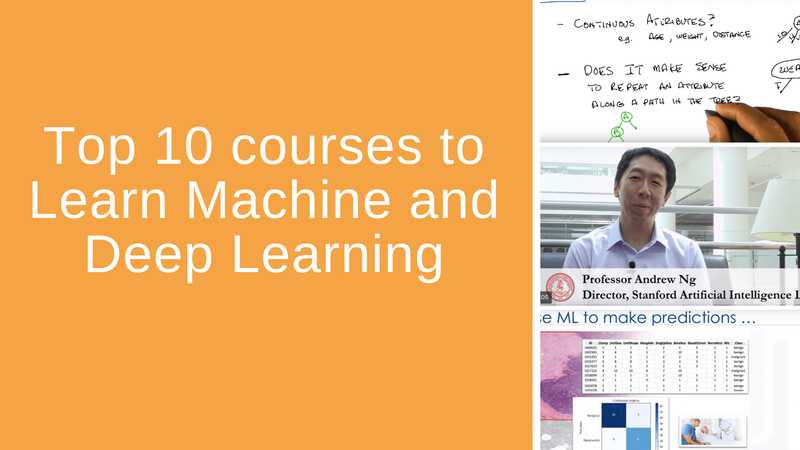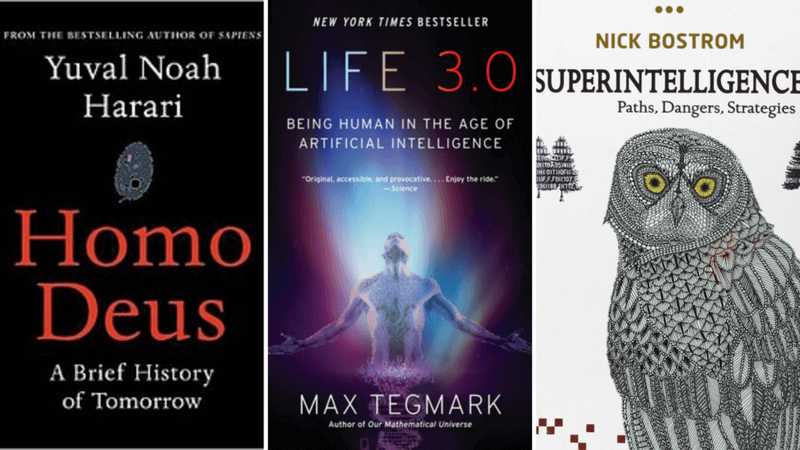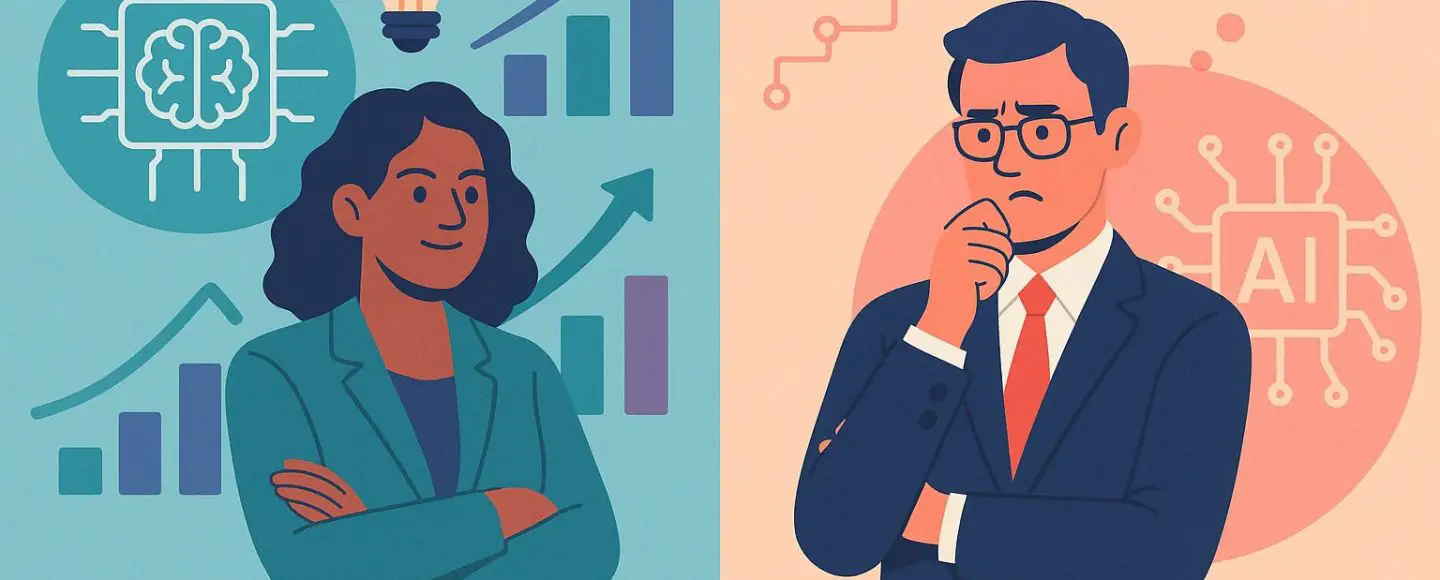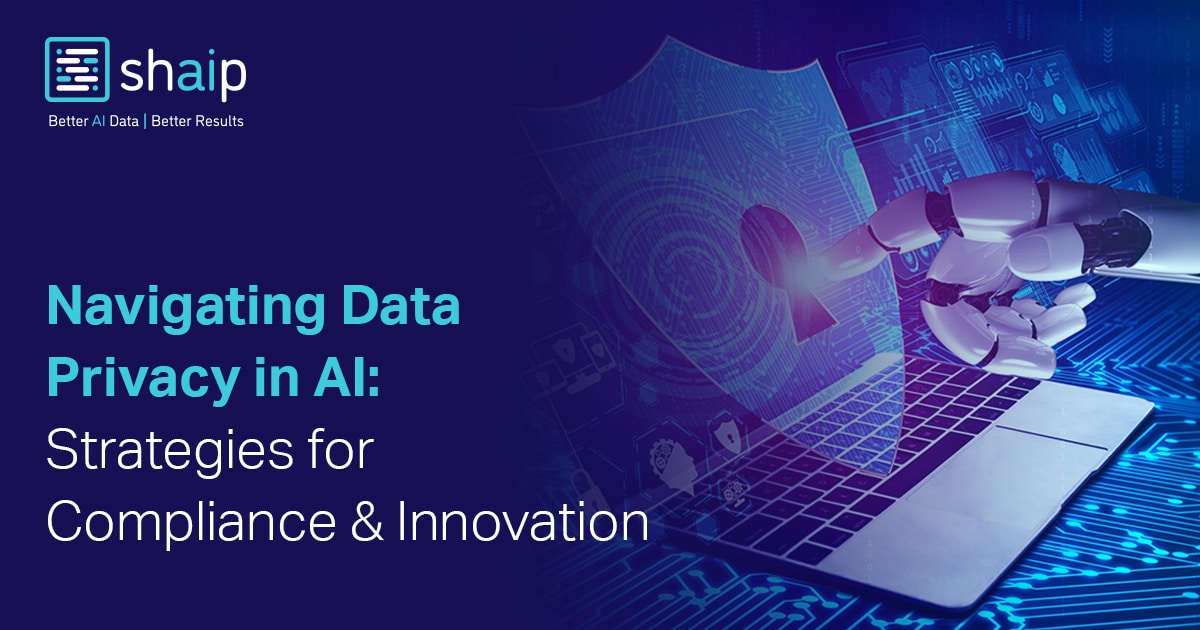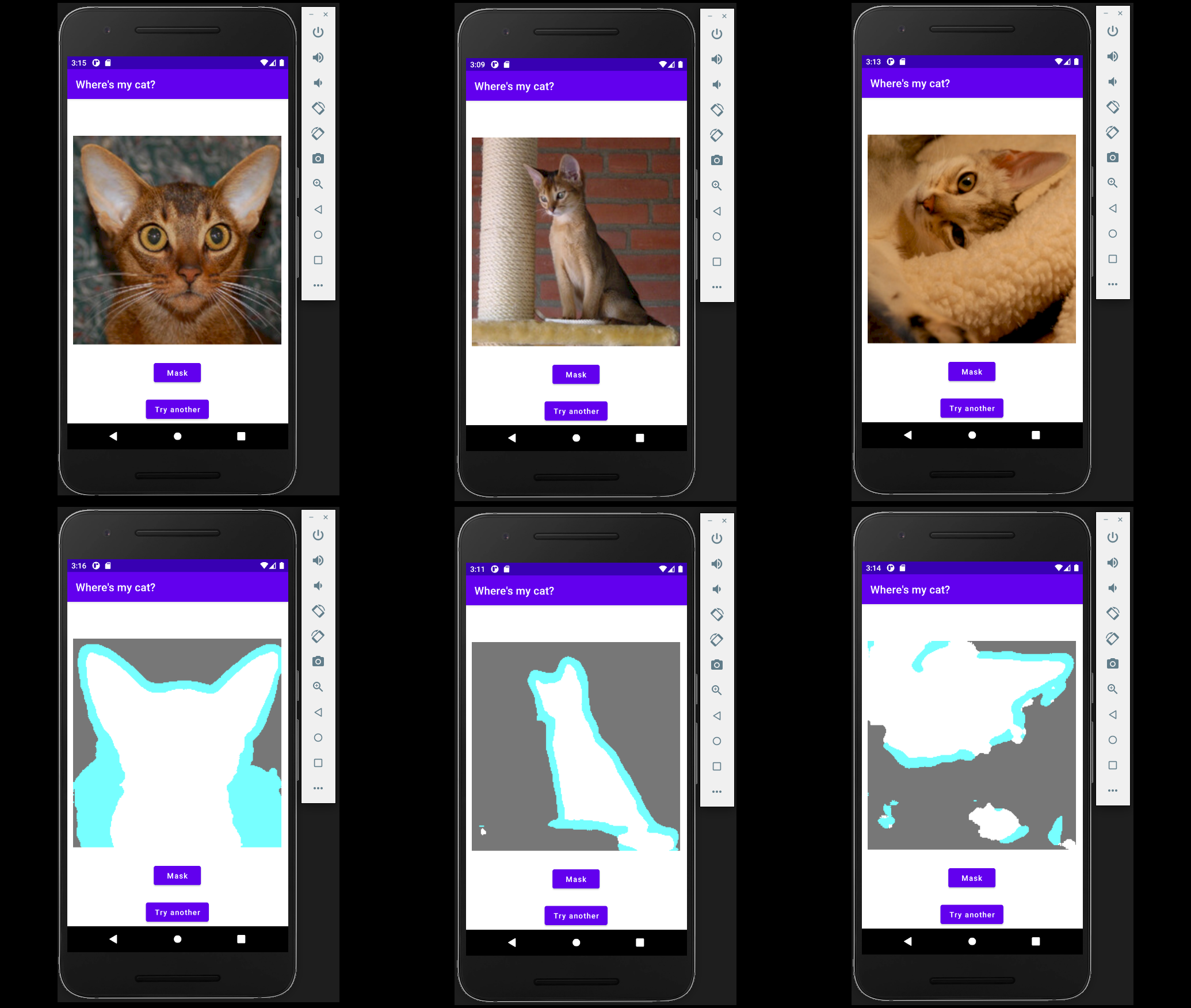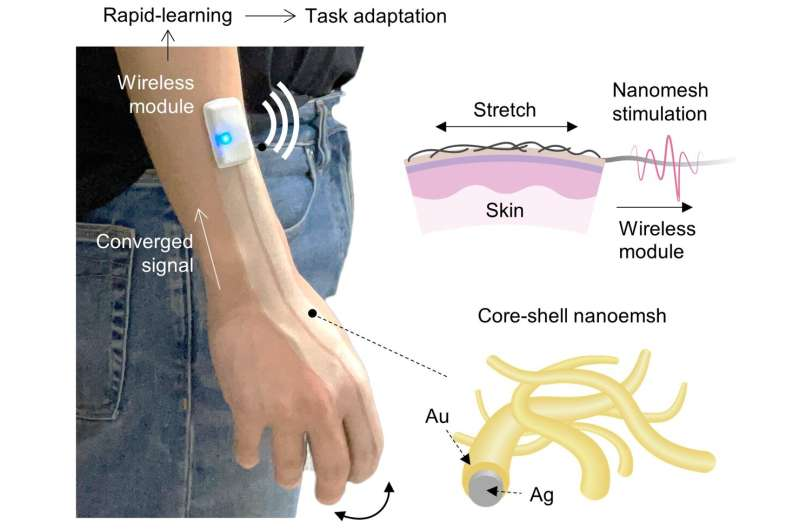AI’s impact on the job market: Conflicting signals in the early days
As more real-world data on AI’s economic impact on the job market is revealed, the picture is far from clear-cut. On one hand, you have companies like Duolingo announcing bold plans to become “AI-first,” with CEO Luis von Ahn declaring that the language learning app will “gradually stop using contractors to do work that AI can handle.” This originated in 2024, when contractors took to Reddit to protest that they had received emails about being phased out. One commenter shared an email from Duolingo back then, stating, “Here’s the final email I got two weeks ago. Just in case you The post AI’s impact on the job market: Conflicting signals in the early days appeared first on DailyAI.

As more real-world data on AI’s economic impact on the job market is revealed, the picture is far from clear-cut.
On one hand, you have companies like Duolingo announcing bold plans to become “AI-first,” with CEO Luis von Ahn declaring that the language learning app will “gradually stop using contractors to do work that AI can handle.”
This originated in 2024, when contractors took to Reddit to protest that they had received emails about being phased out.
One commenter shared an email from Duolingo back then, stating, “Here’s the final email I got two weeks ago. Just in case you wanted to see it. I worked there for five years. Our team had four core members and two of us got the boot. The two who remained will just review AI content to make sure it’s acceptable.”
As Duolingo pushes harder to go ‘AI-first,’ in a recent note shared with LinkedIn, von Ahn framed this as a way to remove bottlenecks and free employees to focus on creative work, rather than a plan to replace humans outright.

It’s a stance echoed by other tech leaders, such as Shopify’s CEO Tobi Lütke, who recently told teams that they would need to justify new headcount by showing “why they cannot get what they want done using AI.”
The implication seems to be that if a task can be automated, it should be – with human roles moving to higher-order work that machines can’t easily replicate.
What those ‘higher-order’ roles are remains somewhat vague and poorly defined, however. And whether AI can match the quality of original work is hotly debated. von Ahn’s note even acknowledges that a ‘small hit’ on quality is worth sacrificing for the sake of speed.
On the other hand, a new paper from economists Anders Humlum and Emilie Vestergaard pours some cold water on the notion that AI is already transforming the job market.
Analyzing data from over 25,000 workers across 11 “AI-exposed” occupations, like software developers, journalists, and accountants, Humlum and Vestergaard found that the adoption of AI chatbots had “no significant impact on earnings or recorded hours in any occupation.”
That’s despite remarkably fast uptake of the technology, with a majority of workers in exposed fields now using AI tools regularly.
So what gives? According to Humlum, while many workers are seeing time savings from using AI, those gains haven’t yet translated into expanded output or higher earnings.
Some of the productivity boost seems to be offset by new AI-related tasks, like prompt engineering or output quality control.
In other words, AI isn’t necessarily reducing the demand for labor, at least so far. It’s simply changing the nature of the work. Of course, it’s still early days, and Humlum is quick to note that his findings represent more of an “upper bound” on the short-term impact than a prediction of how things will play out in the long run.
Indeed, even as some companies talk a big game about becoming “AI-first,” the reality on the ground is likely to be messier and more incremental.
Duolingo, for its part, has emphasized that its change in attitude is not about replacing employees (obviously many will palm that off as empty corporate PR), but rather supporting them with “more training, mentorship, and tooling for AI.” And while Shopify is putting the onus on teams to justify headcount, it hasn’t announced any major layoffs tied to automation.
So, where does that leave us? In a word: uncertain.
It’s clear that AI is poised to be a hugely disruptive force in the workplace. But the path from potential to large-scale impact is unlikely to be a straight line.
The post AI’s impact on the job market: Conflicting signals in the early days appeared first on DailyAI.















































![[The AI Show Episode 145]: OpenAI Releases o3 and o4-mini, AI Is Causing “Quiet Layoffs,” Executive Order on Youth AI Education & GPT-4o’s Controversial Update](https://www.marketingaiinstitute.com/hubfs/ep%20145%20cover.png)




















